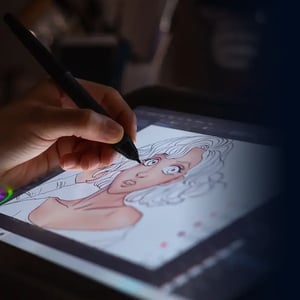
Concept Art Degree
DIPLOMA | BACHELOR OF DIGITAL ART
Master the tools and techniques to pursue a career as a concept artist
Your Path to Becoming a Professional Concept Artist Starts Here
The Concept Art Degree provides aspiring artists with the skills, techniques, and industry knowledge needed to excel in the competitive world of entertainment design. This comprehensive program covers foundational principles through to advanced techniques, focusing on character, environment, and prop design. Students learn from experienced industry mentors while working on real-world projects that simulate professional workflows. Graduates leave with a polished, job-ready portfolio, expert guidance, and the confidence to pursue careers in film, games, animation, and beyond.
Program Highlights
- Learn from professional concept artists with real-world studio experience.
- Master advanced techniques in character, environment, and prop design.
- Build a job-ready portfolio that meets industry standards.
- Work on real-world projects to prepare for a creative career.
Take the first step toward your dream career in the entertainment industry. Enroll in CG Spectrum’s Concept Art Degree and gain the skills, portfolio, and confidence to succeed as a professional concept artist.

Master Your Skills. Master Your Future.
Our mission is to ensure graduates are the best trained and best prepared for a successful career in their chosen field.
Everything You Need To Know
Our film and game degrees and diplomas seamlessly blend academic excellence with practical industry methodologies to help students pave a steadfast pathway to a successful creative career.
 Qualification
Diploma (AQF 5)
Qualification
Diploma (AQF 5)Bachelor's Degree (AQF 7)
 No. of Trimesters
Diploma - 2 trimesters
No. of Trimesters
Diploma - 2 trimesters Bachelor - 6 trimesters
 Program Length
Program Length
Diploma - 7 months
Bachelor's Degree - 2 years
Part-time study available
 Delivery Mode
Online live classes
Delivery Mode
Online live classesCustom video lectures
Personalised mentor feedback
 Course Fees
Diploma - $16, 664 USD
Course Fees
Diploma - $16, 664 USDBachelor - $49, 992 USD
Payment options available
Course Structure
Develop industry foundations with our 6-month Diploma, or continue into the full Bachelor's Degree to build more comprehensive skills.

The Bachelor of Digital Art majoring in concept art covers advanced creature, character, props, and environment design using both 2D and 3D techniques. You will also acquire essential interpersonal skills and both practical and conceptual industry knowledge.
- Learn matte painting, photo-bashing, and paint-over techniques as well as how to render and light your work for a more polished finish.
- Work with client briefs to ensure you're prepared for roles in the industry.
- Discover industry-standard practices, procedures, and workflows.
- Develop valuable interpersonal skills such as communication, problem-solving, and leadership.
- Dedicated time to building your professional portfolio and getting job-ready.
The below course outline reflects a full-time course load, which comprises three subjects per trimester and three trimesters per year over a two-year duration. Part-time study options are also available.
Trimester 01
- Developing Visual Concepts: Props and Characters
- Film and Games Principles, Concepts and Innovations: Learning from History
- Industry Overview: Pipeline and Production Processes
Trimester 02
- Rendering Techniques & Character Drawing
- Art and Design Concepts and Principles
- Communicate! Mode, Purpose and Context
Diploma Exit Point
Students can choose to exit the bachelor's degree after trimester 02 with a diploma or continue their studies through to trimester 06 and earn their bachelor's degree.
Trimester 03
- Layout, Level Design and Composition
- Concepts and Principles of Story and Visual Narrative
- Identifying and Solving Problems
Trimester 04
- Characters, Creatures, and Enhanced Workflows
- Concepts and Principles of Lighting and Cinematography
- Managing Projects and Creative Assets
Trimester 05
- 3D Concept Art Workflows
- Leading with Integrity
- Establishing and Sustaining Your Business
Trimester 06
- Concept Art Capstone Portfolio
- Stepping Into Industry: Becoming a Proactive Practitioner
- Marketing Yourself and Your Work
Bachelor Degree Point
Download the Course Guide
Your creative journey begins here! Download our comprehensive course guide and discover the exciting educational opportunities that await you.This course prepares aspiring artists for successful careers in the entertainment industry. Learn to create stunning characters, environments, and props while mastering industry tools and workflows. Alongside technical training, gain vital soft skills like self-promotion, marketing, and communication to navigate the business side of your career. Graduate with a job-ready portfolio and the confidence to thrive in film, games, or publishing.
Key learning outcomes include:
- Fundamentals of Design: Learn the core principles of composition, color theory, and perspective.
- Character Design: Master techniques to create unique, engaging characters with personality and style.
- Environment and Prop Design: Develop immersive worlds and detailed props that tell a visual story.
- Digital Painting: Gain expertise in industry-standard tools and workflows to create polished, professional artwork.
- Visual Storytelling: Learn to convey narratives through compelling visual elements.
- Portfolio Development: Build a job-ready portfolio that showcases your best work and demonstrates your expertise.
- Industry Insights: Understand the concept art pipeline and gain knowledge about studio workflows and expectations.
The program also includes career preparation through mentorship, networking opportunities, and job readiness workshops.
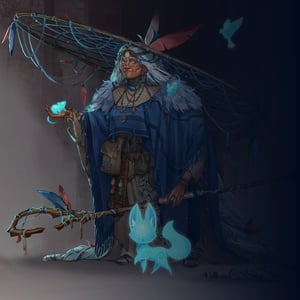
Bachelor Degree Tuition
Avg. Cost per Trimester
$8,332 USD
Duration
6 Trimesters Full-time (2 Year Fast Track or Part-time Options Available)
Total Program Cost
Diploma Tuition
Avg. Cost per Trimester
$8,332 USD
Duration
2 Trimesters Full-time (Part-time Options Available)
Total Program Cost
Don't Put Your Future On Hold
With CG Spectrum’s expert training, you can develop the skills and connections you need to thrive in the competitive film and game industries.Learn Directly From Film & Game Mentors
To be the best, it helps to learn from the best. All concept art classes are taught by professional concept artists with years of experience.
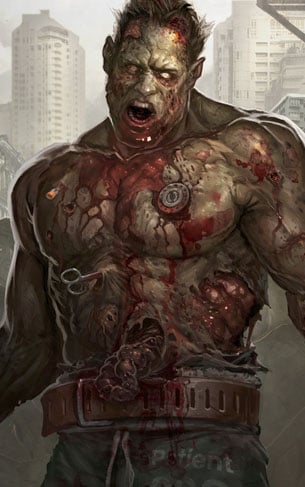

Brandon Reimchen
Brandon brings almost 20 years of experience as a video game concept artist with a long client list that includes EA, Activision, Capcom, Gree, and Disney Interactive.
Known for Resident Evil
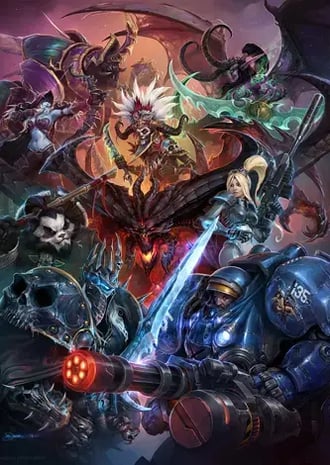

Tyler James
Award-winning artist Tyler has worked with major clients like Cryptozoic and Blizzard on titles including Heroes of the Storm, Warhammer, Rift, Star Wars, Hex, Warcraft, and RWBY.
Known for Heroes of the Storm
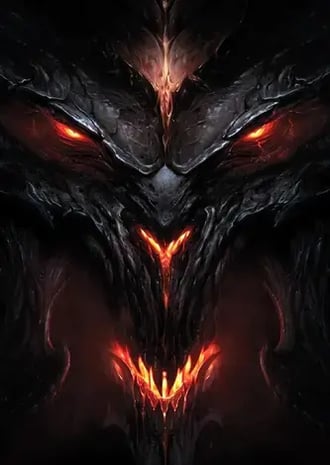

Brian Huang
Brian is an illustrator and concept artist for video games with expertise in art direction, visual development, and concept art. His credits include World of Warcraft, Diabolo, and Starcraft.
Known for Diablo III
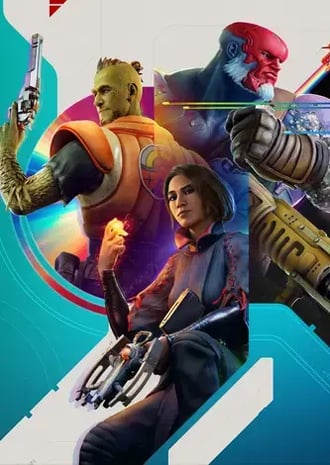

Fang Jing
Possessing a degree in concept art, Fang has produced many concept designs for projects including Minecraft Dungeons and Prison Architect. She currently works at Sony Playstation Studios.
Known for Concord


Humza Khan
Humza has worked for EA, Microsoft, Activision, LucasArts, Wargaming, Ubisoft, Fischer Price, Hasbro, Mattel. Credits include: Call of Duty, The Division 2, and the Sims.
Known for Tom Clancy's Splinter Cell
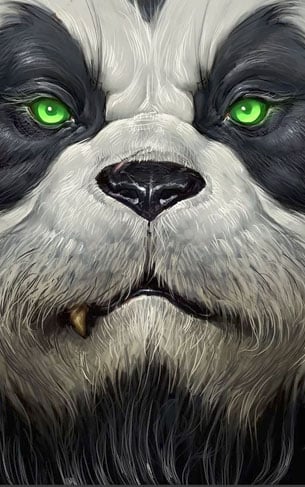

Bernie Kang
Now art director at Phoenix One, Bernie created creatures, characters, weapons and FX concepts for cinematic trailers for World of Warcraft and more while at Blizzard.
Known for World of Warcraft


Mike Thompson
Award-winning artist Mike has worked with clients such as Marvel, Hasbro, Dimension Films, HBO, Electronic Arts, Warner Bros, Mattel, DC Comics and Cartoon Network.
Known for Black Panther
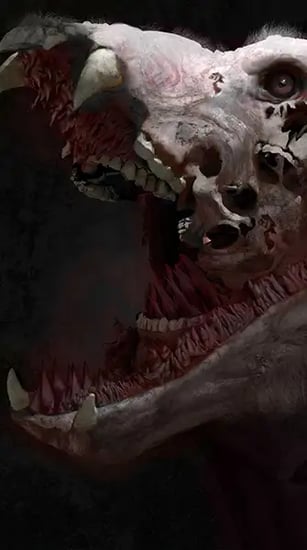

Peter Ocampo
Peter is a freelance concept artist and has worked at DNEG as an in-house concept artist on diverse projects for film and TV. He has a particular passion for designing dark horror creatures.
Known for Annihilation


Jonathan Li
Jonathan currently works as a Concept Artist at Square Enix. He has a passion for narrative arts and loves creating worlds, characters, and the stories they can tell.
Known for Final Fantasy XIV: Shadowbringers


Kinman Chan
Known for Rogue One: A Star Wars Story
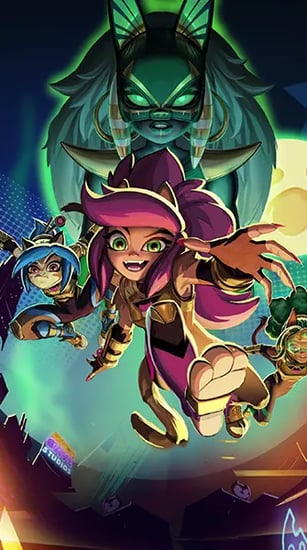

Joel Carpenter
Known for Kitti Katz


Catalin Laie
Known for Brother in Arms 3


Dio Lee
Known for Halo Infinite
Get The Education You Deserve

"I have nothing but great things to say of CG Spectrum!
I was a bit unsure when I signed up for the concept art course because I had no prior experience, but it changed my life. I had a great mentor, Brandon, who would always push me to do better and I learned valuable things in each class."

Erika H | Concept Art & Illustration
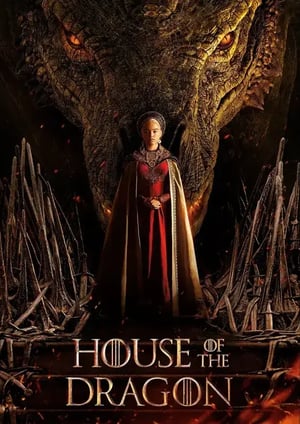
"Thank you CG Spectrum for giving me exactly what I needed to get started in this competitive industry.
I started the Concept Art & Illustration Course to create a stunning portfolio to apply for an internship. Without CG Spectrum I would never have been able to create a portfolio on a level that got me an amazing internship in Beijing."

Victoria P | Concept Art & Illustration

"Not just for people wanting to break into the industry, it's also for professionals already in it.
I am a concept artist at Paradox Interactive in Sweden, and I wanted to expand my illustration skills, so I decided to take the Digital Illustration Course. I am loving it!! If you're a professional and want to learn a new skill, I would say go ahead! Expand your set of skills!

Ahmed A | Concept Art & Illustration
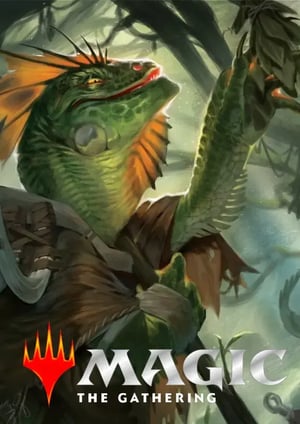
"I was approached by Skybound North, and after a couple of months freelancing, I was offered an in-house job on a new animation project.
I went to a game art school after I graduated, but it wasn’t really what I was looking for. At the same time, I had started CG Spectrum’s concept art course, which is where I met my mentor Brandon Reimchen. He was an amazing teacher!"

April P | Concept Art & Illustration

"I have never experienced such an explosive evolution in my art since attending CG Spectrum.
I have learnt an incredible amount, not only from my amazing mentor Eric Wilkerson but from the entire CGS community. Being part of such an amazing program has opened my eyes to techniques that have streamlined my process and increased my confidence tenfold. I highly recommend the Advanced Illustration Course. Buckle up, and knuckle down – this could be the course that changes everything for you."

Oliver H | Concept Art & Illustration
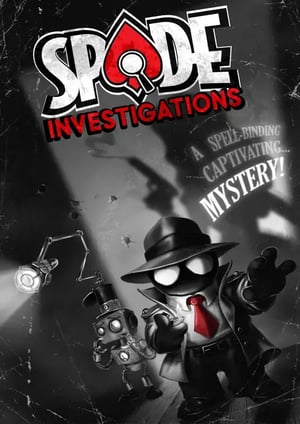
"Thanks to CG Spectrum, I am a lot closer to my dream of being a concept artist.
The curriculum structure is very reasonable, with both academic basic theories and useful suggestions for career paths. Thanks to my mentors, Brian Huang and Victoria Sarkissian, who not only taught me drawing skills and design techniques, but more importantly, they also gave me the confidence to continue working hard."

Xin L | Concept Art & illustration
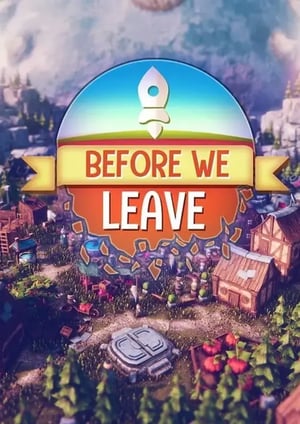
"I've never improved as an artist so quickly.
Great course! They teach you what you need to know and don't waste your time with stuff that just fills out a course. It was specific to what I needed to know. The classes are very personable and the mentors are industry professionals that never hesitate to put in the effort to help you out. I definitely would recommend this to people interested in getting into the industry."

Tom G | Concept Art & Illustration
Join Our Alumni at World Class Studios
Our mission is to train highly skilled graduates ensuring they are prepared for a successful career. Take the first step towards joining our alumni at world-class studios creating work that inspires.












Questions? We Have Answers
Details for both domestic and international applicants can be found on our Entry Requirements page.
Basic Drawing Competency Required
For this course, students must demonstrate their drawing competency through a portfolio submission. To read our portfolio submission rules and guidelines please head to our FAQ page.
If you don't have basic drawing competency, we offer a short Beginner Drawing Course, which requires no prior drawing experience and will help prepare you for our more advanced concept art and digital illustration courses.
If you are unsure about your skill level, you can always chat with our team hello@cgspectrum.com.
CG Spectrum Institute is registered with the Tertiary Education Quality and Standards Agency (TEQSA).
All CGSI degrees and diplomas are accredited, providing students with credible and recognized qualifications.
About TEQSA:
TEQSA stands for the Tertiary Education Quality and Standards Agency. It is an independent regulatory body in Australia responsible for assuring the quality and standards of higher education institutions.
TEQSA-accredited qualifications are widely recognized, allowing students to pursue further studies or employment opportunities around the world.
Your studies will require you to download and get acquainted with a variety of software, including:
Core Subjects:
Concept Art Major:
Students will require a MAC/PC and a compatible graphics tablet (see digital painting software and equipment). We recommend a minimum of 32GB RAM.
See below for more info on hardware specifications based on the required software.
Core Subjects:
Concept Art Major:
As the software we use is regularly updated, please check the specs against the latest available version at the time of enrollment.
Please note: Mobile OS tablets can not be used because the software we teach is not available on these devices.
CG Spectrum Institute ensures that individuals can access high-quality education and professional development without significant financial barriers, empowering them to achieve their goals and excel in their chosen fields.
Australian Students:
All higher education AQF Award Courses offered at CGSI are supported by the Australian Government’s FEE-HELP program.
Domestic students who meet specific eligibility criteria can access FEE-HELP, which allows them to borrow money for all or part of their tuition fees and repay the loan through the tax system once their income reaches a certain threshold.
For more information, please head to the Financial Aid on our website.
International students:
There is a range of financing options suited to your situation and country. Please contact our friendly admissions team for more information on how we can support your learning journey.
On completion of the Bachelor of Digital Art (Concept Art Major), you will have greater confidence in your abilities and a portfolio to show employers.
You will also have personalized career services with our Career Development Manager, which can help when applying for junior concept art jobs such as:
Discover more about these jobs, tips, and salary expectations on our careers page:
While our past CGS students have a high job success rate, we cannot offer guaranteed employment as the film and game industry is competitive, and there is no way of knowing what the market will demand.
The students who experience the greatest success are those who take responsibility for their career, put in the hard work to get their skills and portfolio up to industry standard, leverage their mentor's invaluable expertise and the networking opportunities provided through the CG Spectrum community, and take advantage of every opportunity to excel.
To help students find employment, we have a range of career services and a dedicated Career Development Manager who regularly hosts exclusive career-focused webinars, Q&As, artist interviews, and workshops for students and alumns and is available to answer career-related questions.
Degree students receive additional 1-on-1 career support, CV/portfolio reviews, and help with application/interview preparation.
If you have any questions about our career services as they relate to your personal career goals, please don't hesitate to get in touch.
Ready to take the next step toward your future? Head to our application page to get started. Whether you're looking to learn something new, build on your existing skillset, or nurture your creative side, begin your application today to start your creative journey with us!
Looking For Something Else?
Check out our full range of courses with study options for all skill levels, from short introductory courses, specialized industry tracks and accredited degrees and diplomas
